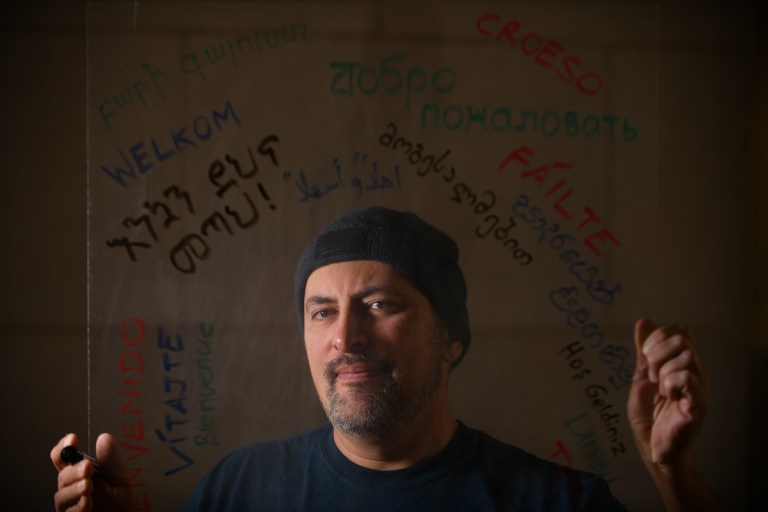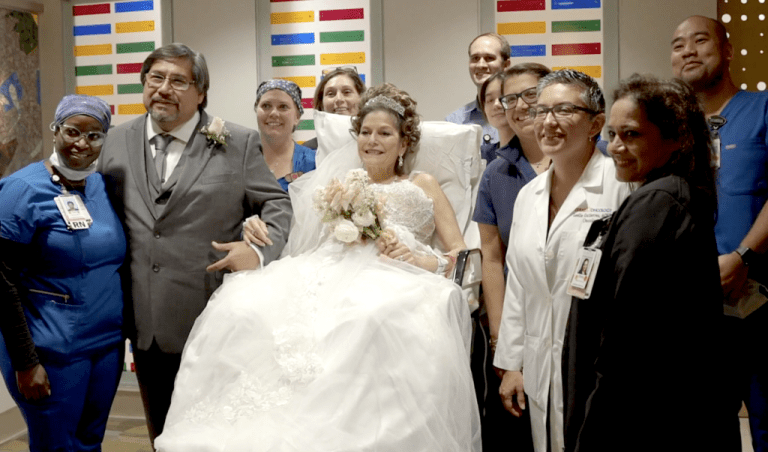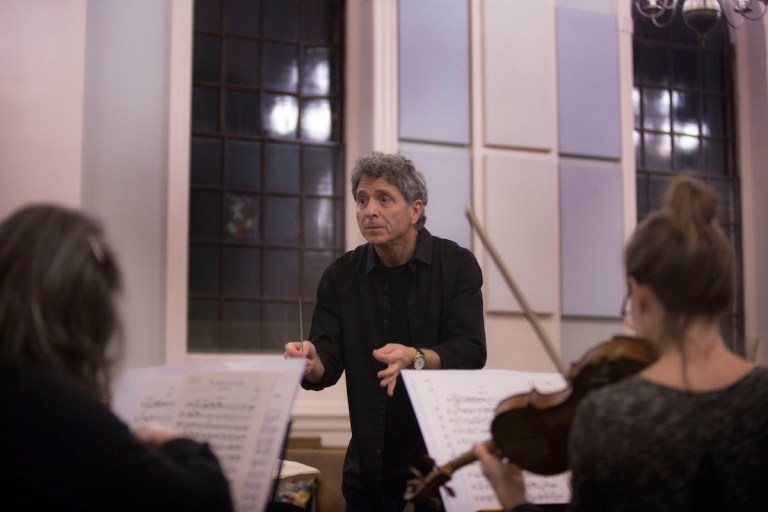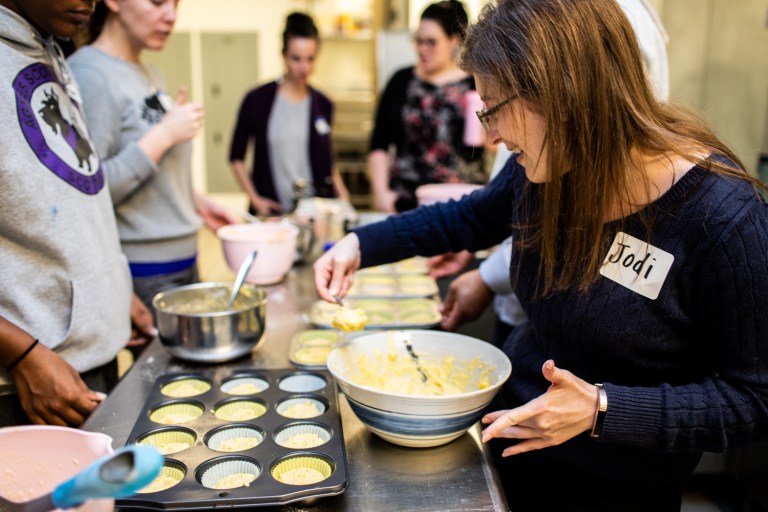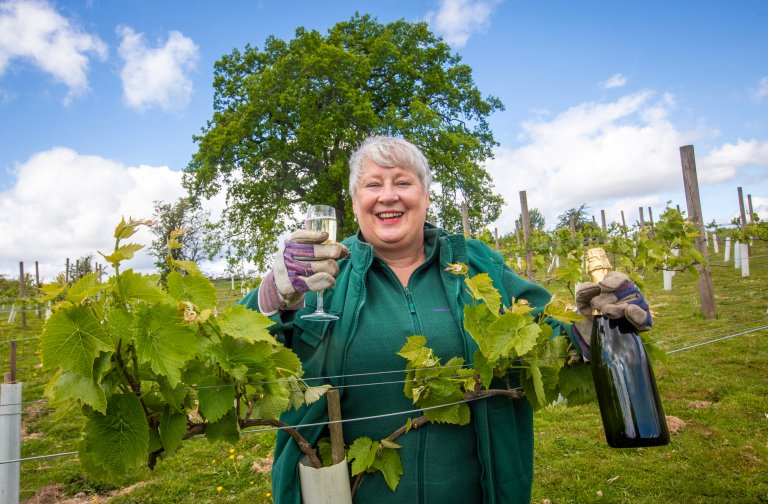Happiness is hard to characterize. Is it contentment? Satisfaction? Joy? Ask author Gretchen Rubin, who studies and writes about the subject, and she won’t miss a beat in answering.
“I do not define it,” Rubin told Nice News matter-of-factly. “I started my career in law where we spent an entire semester arguing about contracts, and happiness is an even more elusive concept.” She noted that there are some 15 academic definitions of the term and added: “We can all bring to it what we want.”
“I think, for the ordinary person, it’s more helpful to think about being happier,” she explained. “If you do this — this week, this month, this year — are you likely to be happier? However you define that for yourself.”
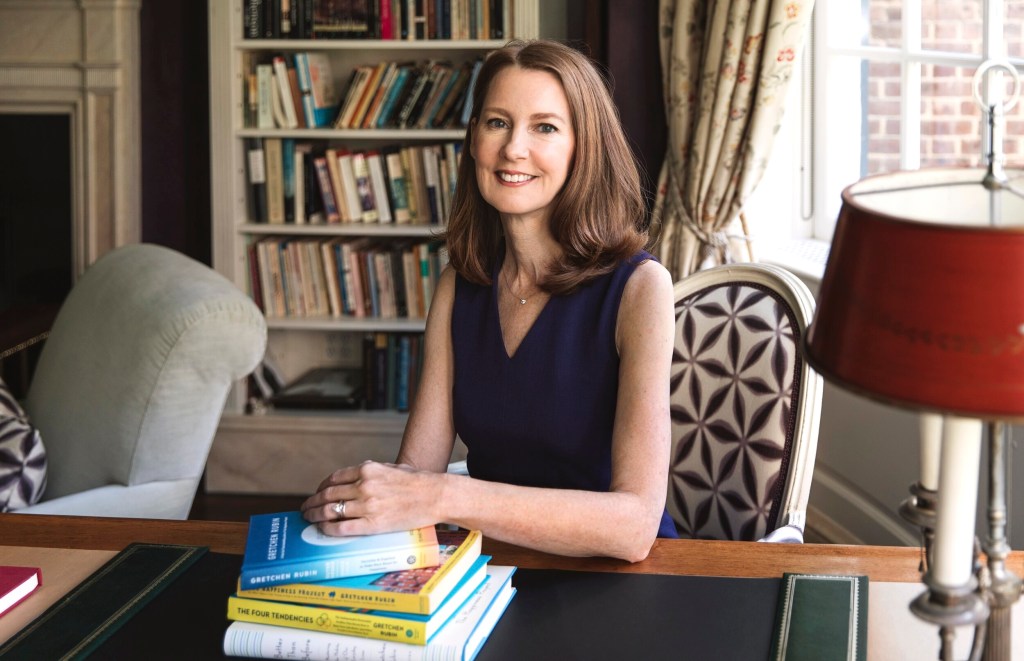
Host of the podcast Happier With Gretchen Rubin, the Yale graduate published the New York Times bestselling book The Happiness Project in 2018 and went on to create a newsletter and award-winning app on the topic. Her ideas about human behavior are rooted in research and, as she puts it, “me-search.” Read on for some of her practical advice.
(Get to) Know Thyself
It’s natural for people to judge themselves and others based on a one-size-fits-all perception of how progress is made. But Rubin is adamant that we should resist beating ourselves up if we “fail” at adopting certain habits or behaviors we think will make us happier — because everyone is different.
“This is my thing. I’m always like, you don’t have to change. There’s nothing wrong with you,” Rubin emphasized. “You just have to set yourself up for success by taking yourself into account. And so it’s not about, ‘What’s wrong with me? Why can other people do it? I’m not a real adult. I’m lazy. I’m self-sabotaging. I can’t make myself a priority.’ … Everybody can get to the top of the mountain, but we have to take different roads there.”
And to understand which road to take, you have to first understand what kind of driver you are, so to speak. Are you a night owl who feels most energetic later in the evening? That’s great — embrace it, and maybe don’t set a goal of waking up every day at 5 a.m. to work out.
“You really need to stop and think things like, ‘What kind of person am I? When have I succeeded in the past? When have I failed in the past? What do I need?’” she explained.
Much to our delight, Rubin loves a good quiz for encouraging self-knowledge in the context of life improvement. She’s designed three in particular that may come in handy.
One is based on a personality framework she calls the Four Tendencies: four distinct modes in which we respond to expectations. Knowing yours can help you understand why you react to certain situations the way you do and thus make it easier for you to achieve your goals. Another is the Habits for Happiness quiz, designed to identify the habit that will provide the biggest boost to happiness. And the Five Senses quiz aims to familiarize people with their most neglected sense, so they can cultivate more experiences in that realm and lead a richer life.
Strategize
Once you have a good grasp of how you operate, you’ll want to translate it from abstract knowledge into actionable strategies. As we’ve previously reported, 43% of all human behavior is habitual, so it stands to reason that developing positive habits is a good approach for leading a happier life.
Rubin has identified numerous strategies (21 to be exact) for succeeding in this regard. One of the most helpful on that list concerns convenience.
“To a kind of bananas degree, we’re much more likely to do something if it’s even slightly more convenient and much less likely to do something if it’s even slightly less convenient,” she pointed out.
For example: If you’re wanting to check your phone less often, put it in another room and not the back pocket of your jeans. If you’re dead set on getting to the gym three times a week, buy a membership to the one that’s closest to your house.
Once you’ve identified something as a “really high value activity for happiness,” Rubin said, “if you can afford it, it’s worth spending a bit more money to make it a bit more convenient.”
Another she recommends is the strategy of pairing — or combining the activity you’re trying to make a habit with something you either really love or absolutely have to do.
“If you have a favorite podcast, you can only listen to that podcast when you’re walking,” she explained. “You can’t listen to it when you’re unloading the dishwasher. You can’t do it while you’re getting ready in the morning. You have to be out for a walk to listen to that podcast. It’s not a reward; they just go together.”
A favorite of this writer’s is what Rubin refers to as “loophole-spotting” — essentially recognizing the various types of cognitive dissonance we invoke to rationalize our choices, so we’re equipped to guard against them. Dig into more strategies.
Tweak Your Vocabulary
Words matter. This is true for the language a society uses to refer to people and states of being, like disabilities or mental health disorders — and it is likewise true for how we speak to ourselves.
“One thing that has surprised me is how much people are affected by vocabulary,” Rubin shared. To illustrate her point, she said: “Do you practice piano or do you play piano?”
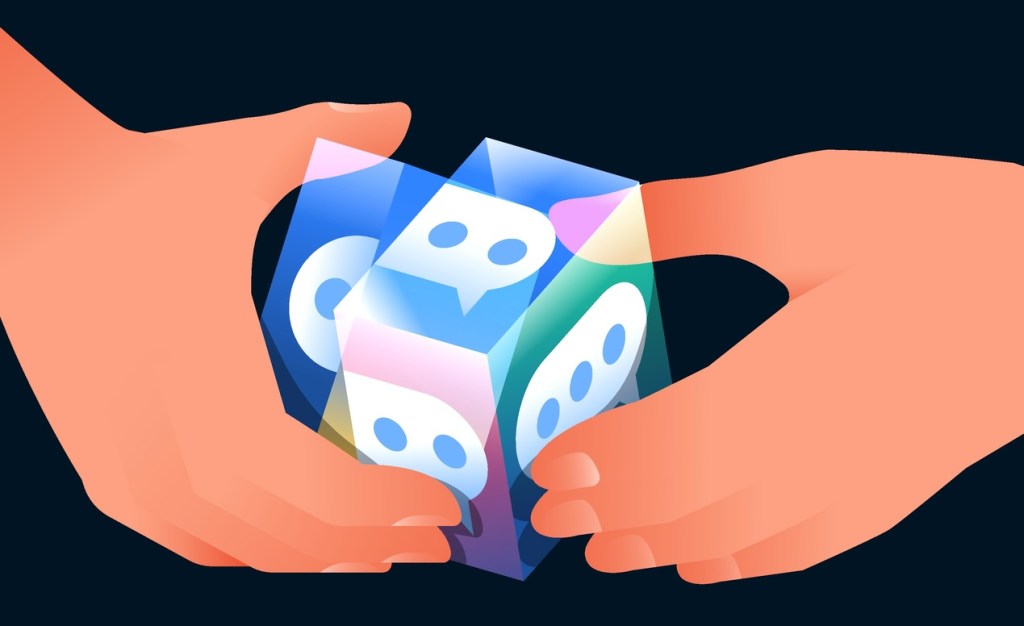
“Think about the language that appeals to you,” she went on. “Let’s say there’s a room in your house. Is it a study? Is it an office? Is it a library? Is it a studio? That will shape how you think about it.”
The idea applies not just to simple terminology but also to the metaphors we make use of. Finding what resonates most for you can help inspire action or reframe events. Rubin did this with a recent experience: her younger daughter leaving for college.
“I don’t like the idea of an empty nest. So I’m reframing it as the open door stage,” she explained. In a piece for The Atlantic, she elaborated: “Adults whose kids have left home deserve a metaphor that emphasizes possibility.”
Prioritize Relationships
Lastly, if there’s one area we should all devote attention to in pursuit of happier lives, it’s our relationships.
“If you’re talking about happiness, ancient philosophers and contemporary scientists agree that a key element to a happy life is strong relationships with other people. Thinking about ways to either broaden our relationships or deepen our existing relationships is really likely to boost our happiness,” Rubin said, adding: “It’s a really, really high priority.”
Many of us are already acutely aware of that fact, of course, but actually putting it into practice can prove challenging. Where do you start? How do you deepen relationships?
On her website, Rubin offers a long list of steps you can take to turn acquaintances into friends and to make new ones. One of her suggestions is “confide a secret. Trust is an important marker for friendship.” Another is to do regular activities (like walking the dog or going to the gym) at the same time every day, so you see the same people and form relationships with them.
RELATED: From Smiling to Sleeping: 10 Ways to Feel Happier, According to Science

